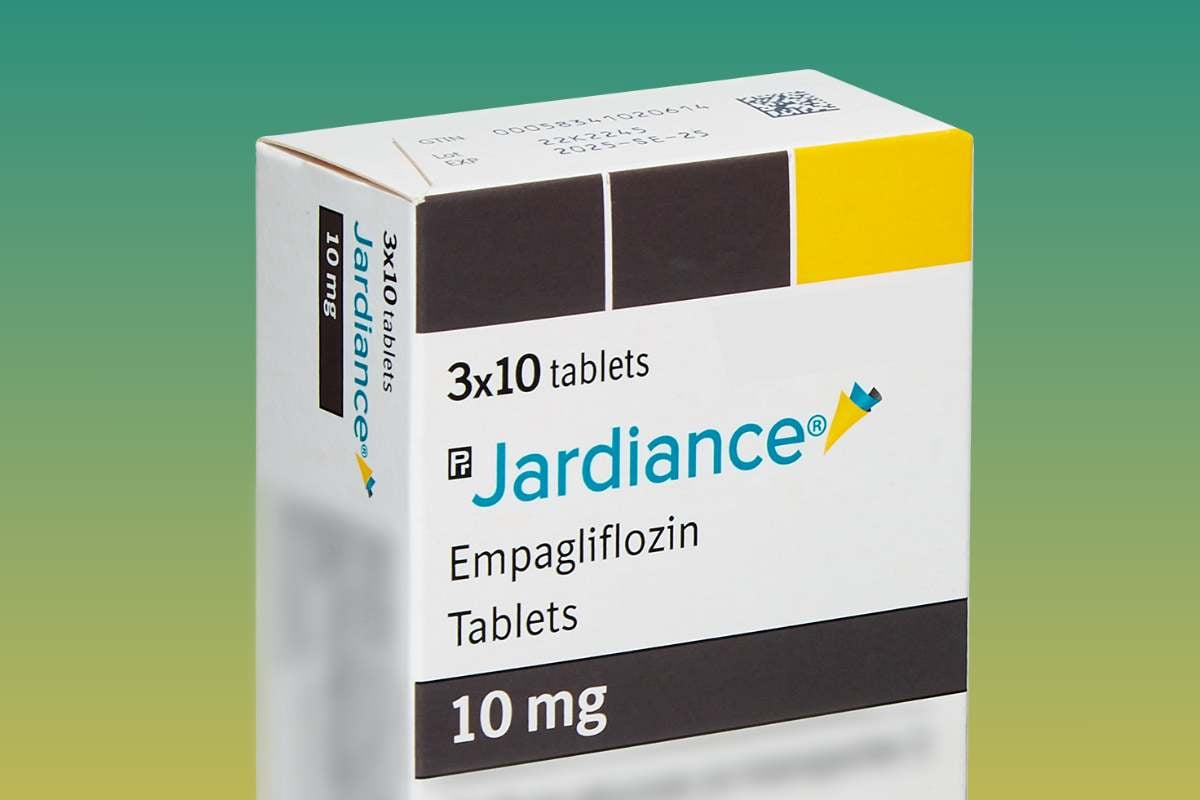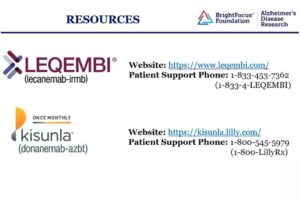What Families Should Know
If someone you love has early Alzheimer’s or mild cognitive impairment, new research offers a hopeful update.
A drug already on the market for diabetes — Jardiance (empagliflozin) — may also help the brain think, remember, and function better.
The New Study
Scientists at Wake Forest University School of Medicine led a phase 2A/B clinical trial published in Alzheimer’s & Dementia: The Journal of the Alzheimer’s Association (DOI: 10.1002/alz.70704).
The study tested two metabolic treatments in 47 older adults with mild memory loss or early Alzheimer’s:
- Jardiance (empagliflozin) — a pill that helps the body use glucose more efficiently.
- Intranasal insulin — insulin delivered as a nose spray to reach the brain directly.
Participants received one treatment, both, or placebo for four weeks. Researchers measured memory, brain imaging, and biological markers of brain health.
Encouraging Results
Both treatments showed promising benefits in just one month:
- Jardiance improved blood flow and metabolism in key memory regions, reduced harmful brain proteins such as tau, and raised “good” HDL cholesterol — even in people who did not have diabetes.
- Nasal insulin improved performance on memory tests and strengthened white-matter connections — helping the brain’s communication pathways.
- Both were safe and well tolerated during the study.
Researchers believe these results point toward a new pathway for treating Alzheimer’s — by improving how the brain uses energy and blood flow, not only by targeting plaques and tangles.
Why It Matters
For families, this research underscores something powerful:
what’s good for the body can be good for the brain.
Managing blood sugar, circulation, and metabolism may help protect memory — and possibly slow Alzheimer’s in its earliest stages.
The fact that Jardiance is already approved and widely used means progress could come faster than usual, though larger, longer studies are still needed.
What Caregivers Can Do Now
While this treatment is not yet available for Alzheimer’s care, there are meaningful steps you can take right away:
- Talk to the doctor about overall metabolic health — including blood sugar, cholesterol, and circulation.
- Encourage daily movement: walking, stretching, dancing — any activity that gets the blood flowing.
- Support steady blood sugar: balanced meals and snacks with protein, whole grains, and healthy fats.
- Stay informed: clinical trials testing metabolic and diabetes drugs for Alzheimer’s are ongoing.
- Keep hope grounded: this was a small, early study — promising but not yet proven for long-term benefit.
The Bigger Picture
For decades, Alzheimer’s research focused mainly on removing amyloid plaques.
Now, scientists are also looking at how metabolism, insulin, and blood flow shape brain aging.
Jardiance and nasal insulin may open a door to more holistic brain-care approaches — connecting physical health and memory in ways never before tested.
A Hopeful Outlook
Caring for someone with Alzheimer’s can be overwhelming. But every discovery brings new light.
This study reminds us that the brain and body work together — and that progress can come from familiar medicines already proven safe in millions of people.
Stay encouraged, stay curious, and keep asking good questions at every appointment.
Hope is growing — one study at a time.











